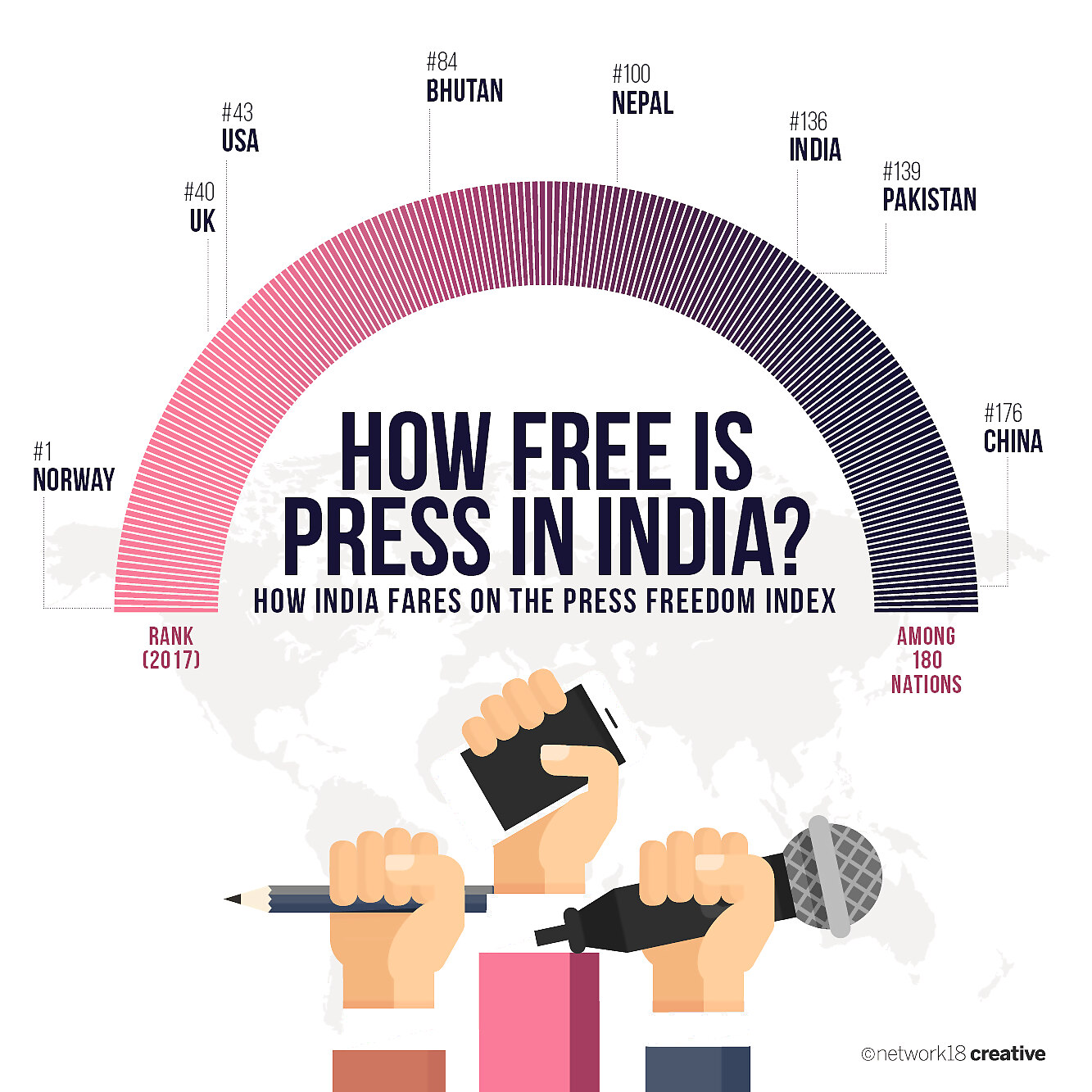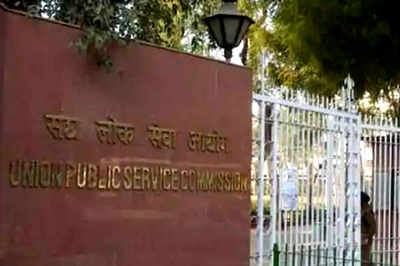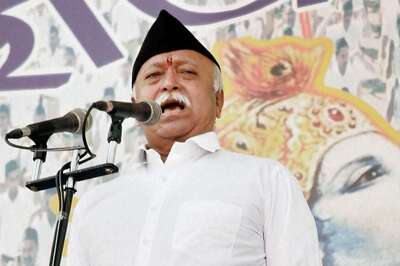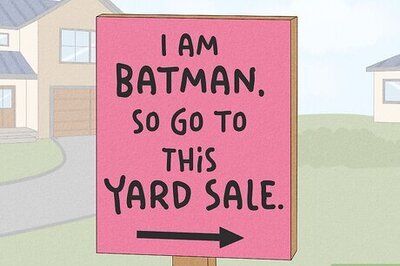
views
New Delhi: Soon after the senior members of press and opposition party leaders slammed government over fake news order, Prime Minister Narendra Modi on Tuesday ordered the withdrawal of the circular mandating the amendment.
The amended guidelines would have empowered Press Council of India and National Broadcasting Agency to determine what is ‘fake news’.
However, minutes after the circular was issued, senior journalists could not help but recollect the Ant-Defamation Bill of 1988 which was introduced by Rajiv Gandhi, passed by the Lok Sabha, but was later withdrawn.
The main aim of the bill was to categorize journalists who according to the Government wrote defamatory articles.
The bill placed the entire burden of proof on the accused in defamation suits. If a politician or bureaucrat disliked what was written in a newspaper, he could use poorly defined terms (which were included in the bill) like “grossly indecent,” “scurrilous,” or “intended for blackmail” to cook up charges against the journalist.

Political commentator and senior journalist, Tavleen Singh asked on Twitter that how could PM Modi forget what happened after Gandhi tried to pass this bill.
“Has the Prime Minister forgotten what happened when Rajiv Gandhi tried to do something similar with his defamation bill?” tweeted Singh.
Even senior journalist Shekhar Gupta was not far behind in slamming the guideline as an “assault on mainstream media”.
“Make no mistake: this is a breath-taking assault on mainstream media. It’s a moment like Rajiv Gandhi’s anti-defamation bill. All media should bury their differences and resist this,” tweeted Gupta.
The bill also provided for summary trials and prescribed a minimum period of imprisonment for the journalists. This bill was strongly criticized by the Indian journalists and finally after a month-long struggle, which included a three-mile protest march, the anti-defamation bill was withdrawn.
But this episode of the defamation bill being dumped was also a recollection of the fact that cabinet ministers in Rajiv Gandhi government had to face press persons abandoning press conferences until the bill was taken off the table.
Rasheed Kidwai, political journalist tweeted, “A quick recap: 44 months in office, Rajiv had to withdraw Press Defamation Bill under severe public pressure. Cabinet ministers faced humiliation of abandoning press conferences; at the start of PC, senior most scribe would ask minister whether he supported defamation bill & walkout.”




















Comments
0 comment